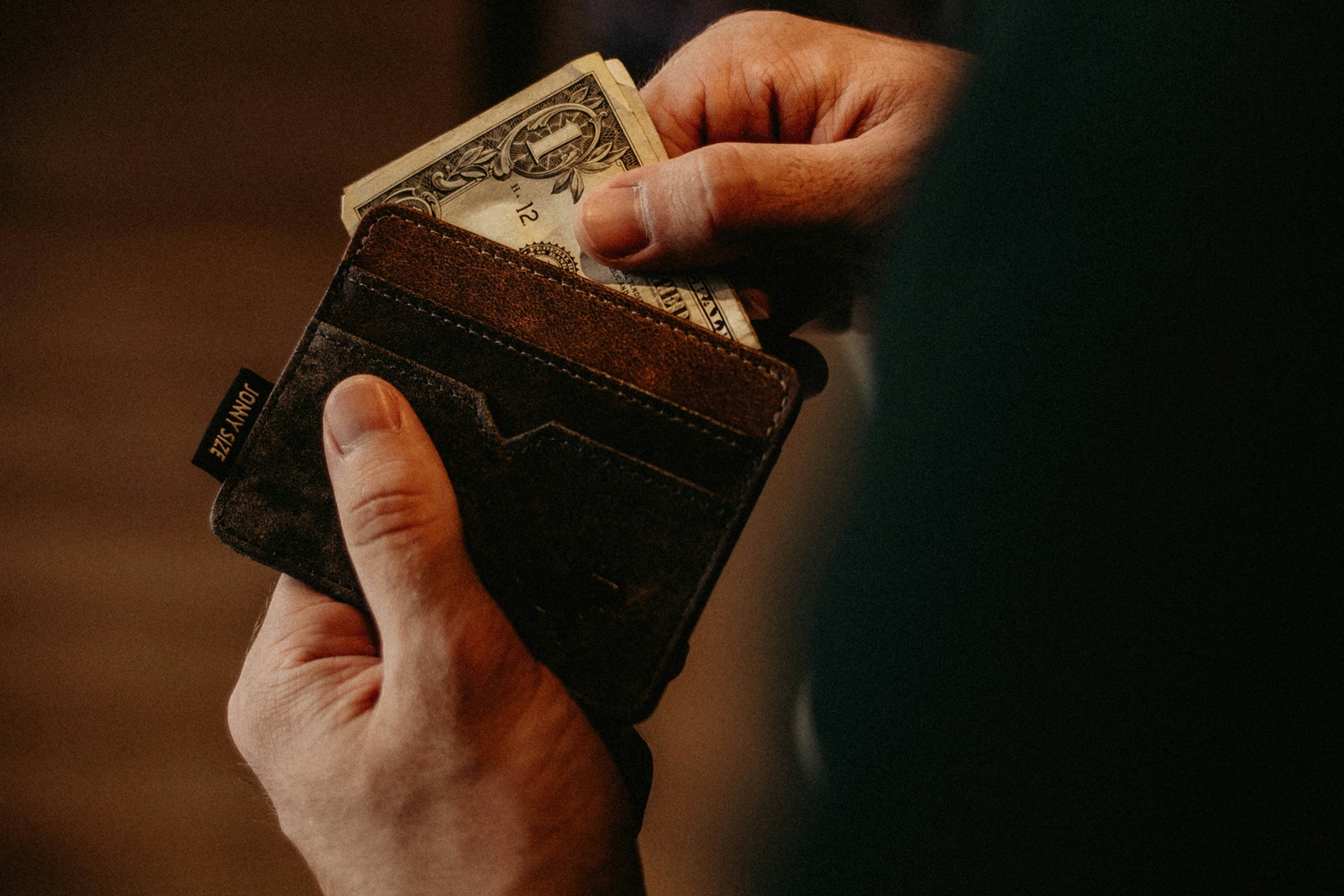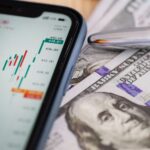In a world affected by consumerism, my wallet has developed from a basic instrument for cash and cards to a marker of my identity, a miniature image of who I am in view of society. When I go back on my life, I can see how intimately my social level and self-worth are interwoven with what my wallet contains. This realization requires a critical examination of the part financial products contribute to define our identities.
From an early age, I understood the importance of money and status. Growing up in a suburban setting, my friends emphasized their identities by using brand names and the newest gadgets. Seeing friends flaunt their elegant handbags and designer shoes makes me remember an odd mix of envy and appreciation. Although my family was not in a position to indulge in such indulgences at the time, I soon found that the contents of my wallet—or lack thereof—could reveal great volumes about me.
As I navigated my teenage years, I began to see my pocketbook as a social passport. It was a tool opening doors and creating opportunities. The day my first debit card showed up, I felt an explosion of independence and empowerment. I was not dependent on my parents for money; today I could afford what I wanted, when I wanted. This more liberty, meanwhile, also came with pressure to define my identity with objects.
I felt driven to spend in brands that would raise my social status, even if it meant compromising savings or stretching my money.
This strain built up in college. Surrounded by acquaintances from many backgrounds, I became extremely aware of the disparity caused by financial situation. My wallet became a social approval yardstick. Friends who travelled abroad or ate at upscale restaurants seemed to radiate confidence that I so much needed to show. I reached too far out of a need to fit. Every swipe of my card revealed a yearning for approval, a need to be judged as fulfilled and deserving.
Still, as my debt mounted the façade began to collapse. I started to second the accuracy of my identification. Was I really defined by the labels I wore or the experiences I bought, or was something deeper inside me being eclipsed? The more I worked on forging my outside persona, I felt a disconnect from my inner self. I realized I was acting more from the contents of my wallet than from my own character.
A summer internship brought the turning point. I worked at a company where success was sometimes defined as wealth and appearances were under close inspection. I felt under pressure to fit when colleagues flaunted their luxury clothes and expensive watches. But while I worked on our initiatives, I became aware of an obvious difference between the person I aspired to be and the words I overheard around me. I watched an internal conflict between authenticity against consumption emerge.
As I thought about this, I realized that my identity cannot be captured in what my wallet contained. I began searching for contacts and activities that improved my life apart from worldly products. I started serving neighborhoods that valued actual connection above business. These interactions allow me see that rather than products, actual identity is developed on values, connections, and interests.
As I came to accept this new viewpoint, I discovered that I was less relying on my cash as a passport to social acceptance. I started prioritizing experiences that were meaningful to me, regardless of their cost. My perspective of money altered; it started to be a tool for allowing experiences instead of a measurement of my value. This metamorphosis was liberating even if it presented challenges. Those who stayed adamant that one could determine a person’s value based on their financial circumstances criticized me.
Navigating this new paradigm required a conscious effort to redefine my identity. I came to know how crucial openness and sensitivity are to building connections. On my wallet, I wanted to highlight my passions, thoughts, and the events that shaped me rather than presenting a perfectly manicured vision of myself. This shift improved my relationships and enabled me to create a society based on mutual respect rather than economic achievement.
My wallet presently shows signs of my past choices: credit card, library card, and some cash. Every thing tells a story even though they no longer define me. Instead, I get empowerment in my ability to choose how I engage with the surroundings free from worldly limitations.
Though they can influence social dynamics, I am aware that my value is not defined by money. In conclusion, considering society expectations and pressures, my wallet has been a social passport helping me through several phases of life. But my road toward authentic identity has told me that true self-worth cannot come from earthly goods.
By means of embracing my values, experiences, and relationships, I have discovered a more profound sense of belonging. Originally merely a tool, the wallet has grown to represent my growth—a representation of who I choose to be rather than of what I have.
(Photo by Allef Vinicius on Unsplash)
Also read:
Investing for Medical Insurance: Strategic Future Planning or a Financial Fiasco?







1 thought on “Identity by Design: My Wallet is the Social Passport”
Comments are closed.